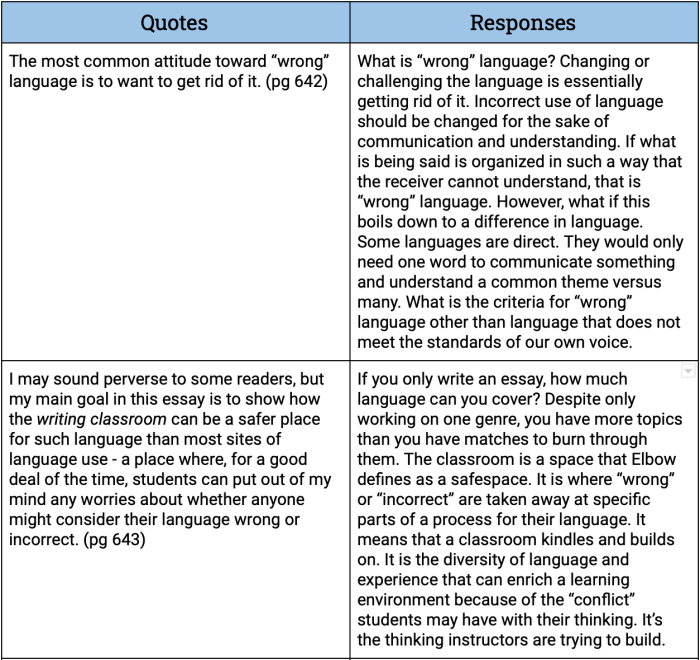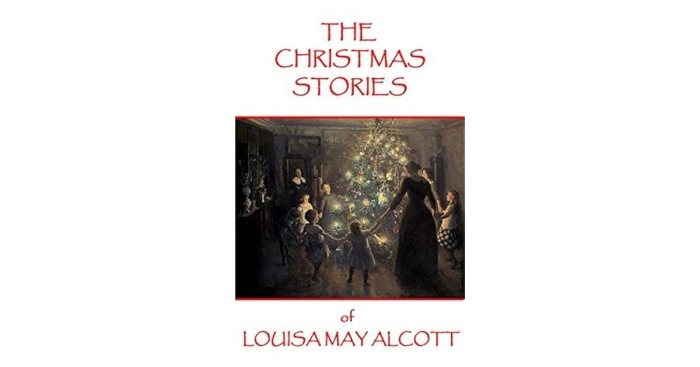Embark on a captivating journey with the “Into the Wild Dialectical Journal,” an immersive exploration into the protagonist’s transformative odyssey. Through a dialectical approach, we delve into opposing viewpoints, examining themes of nature, society, and the quest for self-discovery.
Uncover the profound impact of the historical context on the protagonist’s experiences, and engage with comparative analyses of the novel and film adaptations. Explore the cultural legacy of “Into the Wild,” tracing its influence on popular culture and uncovering the enduring appeal that resonates with readers.
Literary Analysis of “Into the Wild”

Jon Krakauer’s “Into the Wild” chronicles the journey of Christopher McCandless, a young man who abandons his privileged life to embark on a transformative odyssey into the Alaskan wilderness. Through McCandless’s experiences, the novel explores profound themes of nature, society, and self-discovery.
Protagonist’s Journey and Transformation
McCandless’s journey is marked by a profound transformation as he sheds his materialistic possessions and societal constraints. He seeks a deeper connection with nature, embracing the harsh beauty of the Alaskan wilderness. Through his solitude and encounters with strangers, he confronts his own mortality and the limits of his idealism.
Themes of Nature, Society, and Self-Discovery
The novel explores the complex relationship between humans and nature. McCandless’s quest for self-discovery leads him to embrace the wilderness as a refuge from the perceived superficiality of modern society. However, his experiences also highlight the fragility of human existence in the face of nature’s unforgiving power.
Symbolism and Imagery
Krakauer employs rich symbolism and imagery to convey the novel’s themes. The Alaskan wilderness represents both the allure of freedom and the dangers of unchecked idealism. The river that McCandless attempts to cross symbolizes the obstacles and challenges he faces on his journey.
Dialectical Journal
A dialectical journal can be created to explore opposing viewpoints on McCandless’s actions.
Viewpoint 1: McCandless’s Journey Was Reckless and Irresponsible
Evidence:
- McCandless abandoned his family and friends without a trace.
- He lacked adequate preparation and experience for his wilderness adventure.
- His actions endangered the lives of others who tried to help him.
Viewpoint 2: McCandless’s Journey Was a Valid Pursuit of Self-Discovery
Evidence:
- McCandless had the right to make his own choices about his life.
- His experiences in the wilderness provided him with valuable insights and growth.
- His journey can be seen as a metaphor for the human quest for freedom and authenticity.
The implications of these opposing viewpoints challenge readers to consider the balance between personal freedom and social responsibility, the nature of true happiness, and the limits of human ambition.
Historical Context
“Into the Wild” is set in the 1990s, a time of significant social and cultural change.
Social and Cultural Influences
- Growing disillusionment with materialism and consumerism.
- A desire for authentic experiences and a connection with nature.
- A search for alternative lifestyles outside of mainstream society.
Impact on Novel’s Themes and Characters
The historical context shaped the novel’s themes by highlighting the tension between societal expectations and individual freedom. McCandless’s journey can be seen as a reflection of the growing desire for authenticity and a rejection of the superficiality of modern life.
Film Adaptation

Sean Penn’s 2007 film adaptation of “Into the Wild” offers a visually stunning and emotionally resonant interpretation of the novel.
Director’s Interpretation
Penn’s film emphasizes the emotional and spiritual aspects of McCandless’s journey. He portrays McCandless as a deeply flawed but ultimately sympathetic character.
Effectiveness in Conveying Themes
The film effectively conveys the novel’s themes of nature, society, and self-discovery through its breathtaking cinematography, evocative soundtrack, and powerful performances.
Cultural Impact: Into The Wild Dialectical Journal
“Into the Wild” has had a significant cultural impact since its publication.
Influence on Popular Culture, Into the wild dialectical journal
- Inspired countless books, films, and music.
- Led to increased interest in wilderness exploration and self-discovery.
- Sparked debates about the nature of true happiness and the limits of human ambition.
Reasons for Enduring Popularity
The novel’s enduring popularity stems from its timeless themes, relatable characters, and its exploration of the fundamental human desire for freedom, authenticity, and a connection with nature.
Essential Questionnaire
What is the purpose of a dialectical journal?
A dialectical journal fosters critical thinking by encouraging readers to engage with opposing viewpoints, examining evidence, and forming nuanced interpretations.
How does the historical context influence the protagonist’s journey in “Into the Wild”?
The novel’s setting during the 1990s counterculture movement shapes the protagonist’s experiences, influencing his rejection of societal norms and his pursuit of a life closer to nature.
What are the key differences between the novel and film adaptations of “Into the Wild”?
While both the novel and film capture the protagonist’s journey, the film adaptation condenses the narrative, alters certain events, and emphasizes the protagonist’s emotional struggles.


